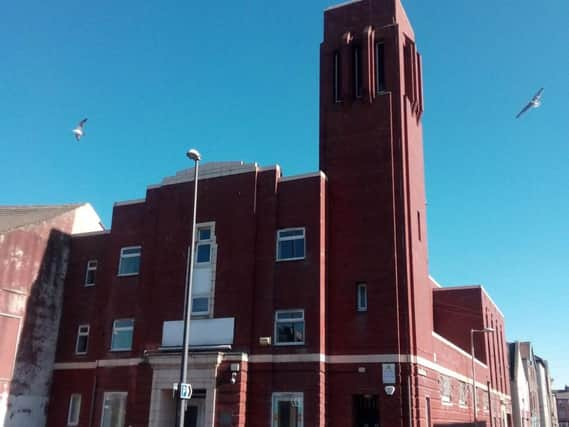Council to take over Blackpool homeless hostel


A former hostel for the homeless is to be taken over by Blackpool Council partly to safeguard the site for potential future regeneration.
The council's executive has agreed to lease The Foyer on Chapel Street from Blackpool Housing Company for a term of 25 years at a cost of £40,500 per year.
Advertisement
Hide AdAdvertisement
Hide AdAt the end of the 25 year period, the building will transfer to the council's ownership for a nominal cost of £1. By then the council will have paid just over £1m over the term of the lease.
In addition it will cost the council around £65,000 per year in operational costs.
It is proposed to base some of the council's housing support services at The Foyer, which operated as a 38-bedroom hostel for single adults until it closed in 2014.
But a council report says the site is in a "strategic location" and the deal will ensure the building " remains in active and appropriate use in the short to medium term pending future decisions about the best long-term options for the site in the context of the wider regeneration aspirations for the area."
Advertisement
Hide AdAdvertisement
Hide AdThe site is adjacent to the Central Leisure Quarter which is earmarked for redevelopment.
The council is currently negotiating with a global operator to bring a new multi-million pound leisure attraction to the site which is currently occupied by the police station, magistrates courts and Central Car Park.
Last month councillors rejected a call to re-open The Foyer as emergency accommodation for homeless people.
A petition attracted 1,941 signatures - enough to prompt a debate by full council.
But the request was turned down.
Advertisement
Hide AdAdvertisement
Hide AdCoun Christine Wright, the council's housing boss, said other services and accommodation was better placed to help homeless people and rough sleepers.
She said emergency accommodation was available already, and housing policy was to now return people to their home towns. Alternative support was also available for people with issues such as mental health problems or addiction.